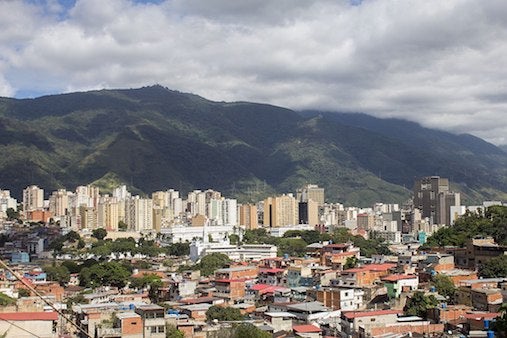
A Spanish journalist is the latest foreign correspondent covering the sociopolitical crisis in Venezuela to be ordered to leave the country by the government of President Nicolás Maduro, according to local and international media.
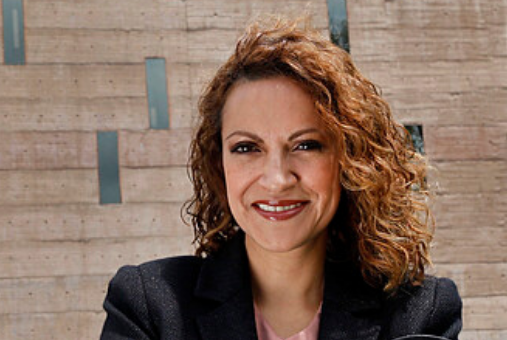
Two former paramilitary members have been sentenced to a total of 70 years in prison in relation to the abduction, torture and sexual abuse of Colombian journalist Jineth Bedoya Lima that happened almost 20 years ago.
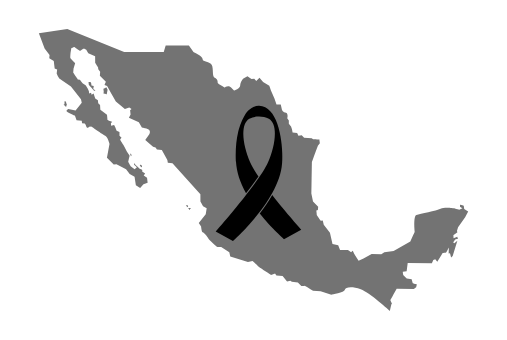
Telésforo Santiago Enríquez, founder of indigenous community radio station Estéreo Cafetal, was killed on May 2 in the state of Oaxaca, Mexico.

At least three media outlets were taken off the air and 14 journalists were hit by pellets, beaten or suffered other aggressions while carrying out their work during a tense day in Venezuela
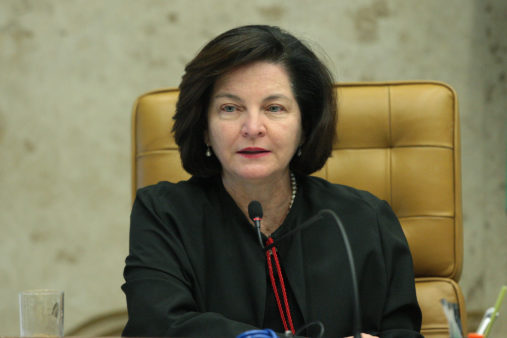
Between 1995 and 2018, 64 communicators – journalists, broadcasters and bloggers – were murdered in Brazil because of their profession. In half of those cases, those responsible were identified and a complaint was filed by the public prosecutor’s office
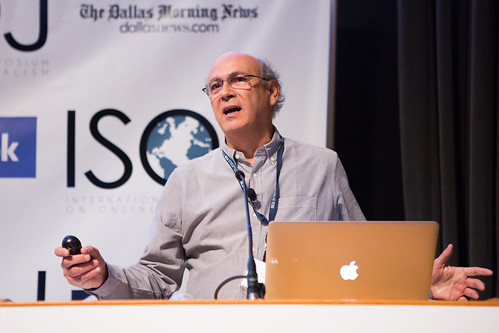
For journalist Carlos Fernando Chamorro, who left Nicaragua in January and is now working from exile in Costa Rica, getting used to working in conditions of physical and legal insecurity has been a challenge.
![Palacio de Miraflores (Guillermo Ramos Flamerich [CC BY-SA 4.0 (https://creativecommons.org/licenses/by-sa/4.0)])](https://latamjournalismreview.org/wp-content/uploads/2020/06/Palacio_de_Miraflores_2015.jpg)
As the sociopolitical crisis in Venezuela deepens and President Nicolás Maduro fights to remain in power, journalists in the country are targeted by assaults, detentions, thefts of their work material and blocking of their internet sites and television channels.
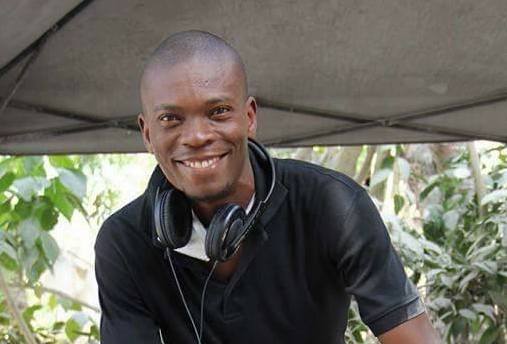
Haitian journalist Robenson Sanon was hit by a bullet in his forearm while covering protests in Port-au-Prince on Feb. 13.
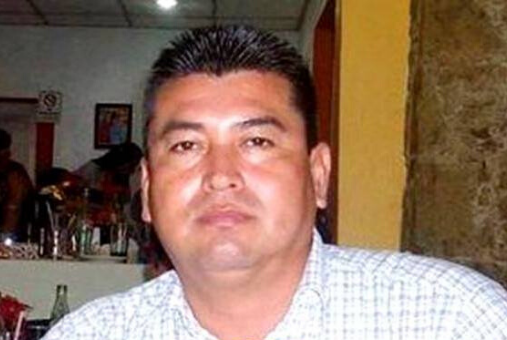
Veracruz journalist Rodrigo Acuña is in serious condition after being shot by strangers at the door of his house on the night of Nov. 23 in Mexico.
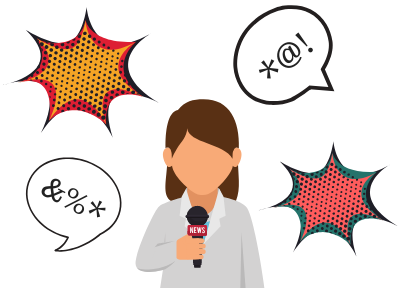
Before and during the Brazilian presidential election that took place on Oct. 28, journalists were the subject of physical, verbal and digital threats and aggression.
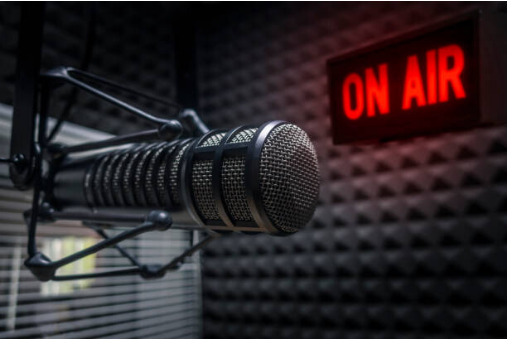
A journalist in Ceará in northeastern Brazil was shot in the leg and told to stop talking nonsense on the radio.
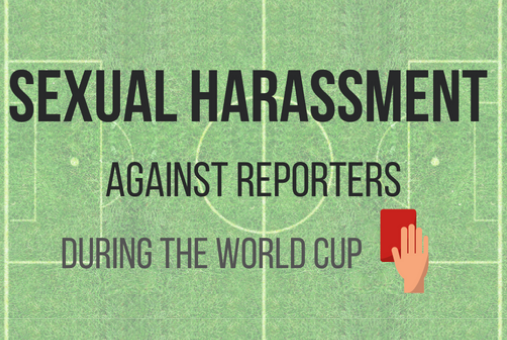
The first day of the soccer World Cup, which this year takes place in Russia, has yielded one of the most regrettable moments of news coverage of the event to date.